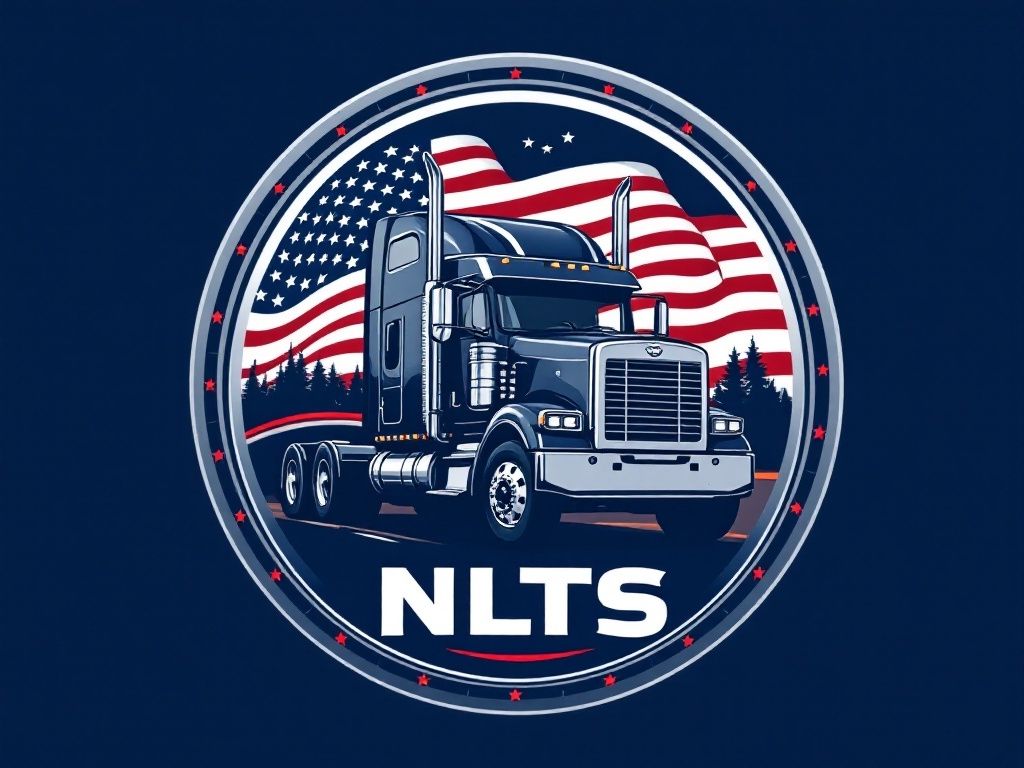The Ultimate Guide to Trucking Insurance: What You Need to Know
Understanding Trucking Insurance Basics
Trucking insurance is a specialized type of coverage designed to protect the unique risks associated with operating a commercial truck. Whether you're an owner-operator or managing a fleet, having the right insurance coverage is crucial. Trucking insurance typically includes a combination of liability, physical damage, and cargo insurance, ensuring both your vehicle and the goods it transports are adequately protected.
Liability insurance is the most fundamental component of trucking insurance, covering bodily injuries and property damage that may occur during an accident. It's essential for meeting state and federal regulations, protecting your business from potential lawsuits. Physical damage insurance covers repairs or replacements for your truck in the event of a collision, theft, or other unforeseen events.

Types of Trucking Insurance Coverage
Trucking insurance isn't one-size-fits-all; it offers various coverage options to cater to different needs. Here are some common types:
- Primary Liability: Mandatory coverage that pays for damages to others if you're at fault in an accident.
- General Liability: Covers risks not directly associated with driving, like accidents that occur at your business location.
- Cargo Insurance: Protects the goods you're transporting against damage or theft.
- Bobtail Insurance: Coverage for when your truck is driven without a trailer.
Choosing the right mix of these coverages is vital for comprehensive protection, helping you avoid significant financial losses in case of incidents.
Factors Affecting Trucking Insurance Costs
The cost of trucking insurance can vary widely based on several factors. Understanding these can help you make informed decisions and potentially lower your premiums. Key factors include:
- Driving Record: A clean driving history can lead to lower rates.
- Type of Cargo: Hazardous materials typically incur higher premiums.
- Route and Distance: Longer routes or routes through high-risk areas may increase costs.
- Truck Condition: Newer and well-maintained trucks often qualify for discounts.
Insurance providers assess these factors to determine your risk level and tailor your coverage accordingly.

Tips for Choosing the Right Insurance Provider
Selecting the right insurance provider is just as important as choosing the right coverage. Here are some tips to guide you:
- Research and Compare: Look for providers with experience in trucking insurance and compare quotes from multiple companies.
- Check Financial Stability: Ensure your provider is financially stable to guarantee they can cover claims.
- Read Reviews: Customer reviews can provide insight into the provider's reliability and customer service quality.
A well-chosen provider will offer not only competitive rates but also excellent support, especially when you need to file a claim.
The Importance of Regular Policy Reviews
Your trucking business is dynamic, and so should be your insurance policy. Regularly reviewing your policy ensures it keeps pace with changes in your operations, such as acquiring new trucks or expanding routes. This proactive approach helps avoid gaps in coverage that could expose your business to risks.

Schedule annual reviews with your insurance agent to discuss any changes in your operations or emerging risks in the industry. This ensures you maintain adequate coverage and take advantage of any new discounts or programs that could benefit your business.
In conclusion, understanding trucking insurance and making informed decisions about coverage and providers can protect your business from financial setbacks. By keeping up with policy reviews and being proactive about risk management, you can ensure that your trucking operations continue smoothly and securely.
